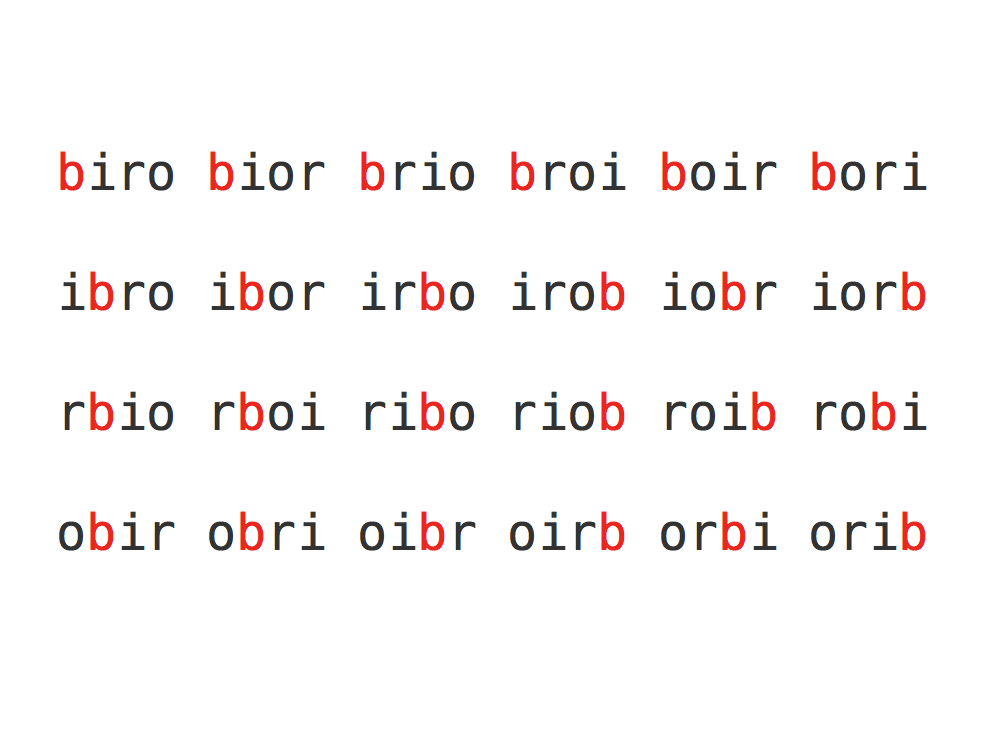I is for Interface
Back in 1995 I sat in a large ballroom to listen to politicians from the North and South of Ireland talk about the peace process, which at that time was far from a sure thing. A story, told by one of the Unionists stuck in my head. He told of how he had been involved in selling a ceasefire to loyalist paramilitaries and one of the questions that he was faced with was.








